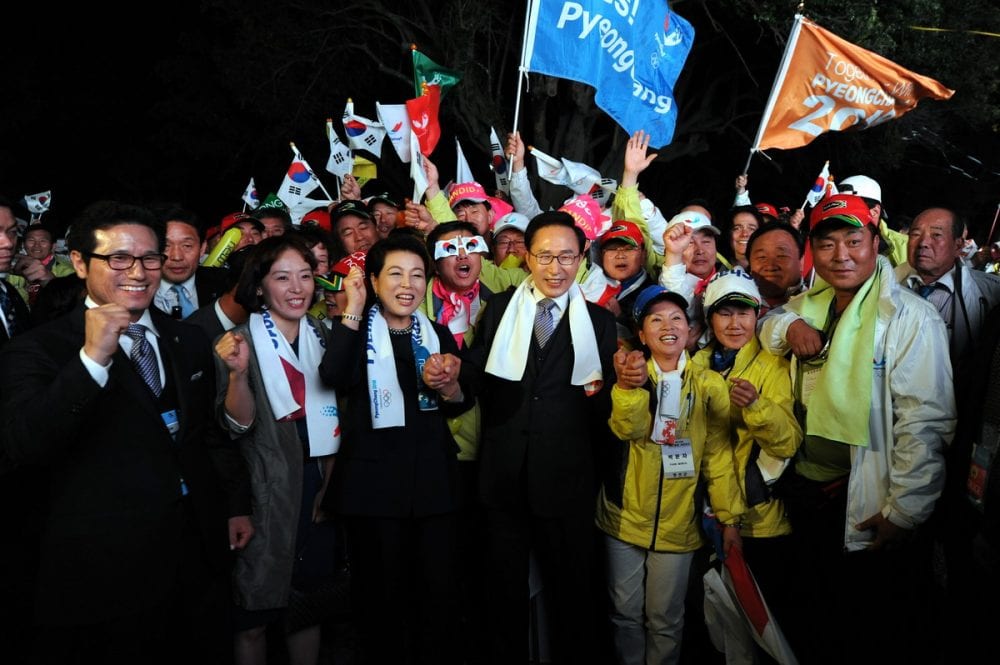At a little less than 100 days out, slow-selling seats at the largely televised Winter Olympics are not unusual. Next year’s Pyeongchang Olympics and Paralympics in particular, though, are on track to set a possible historic low in ticket sales and attendance.
On October 28, USA Today reported that just 8,902, or 4.3%, of tickets had been sold for next year’s Paralympic games – the vast majority as part of group sales and only 499 sold as individual tickets. For the Olympics, 341,327, or 31.9% of tickets have sold, with 180,794 having been purchased by overseas buyers.
Pyeongchang 2018 President Lee Heebeom, who has expressed a desire for over a million spectators at the games and a 70% local crowd, blamed high prices and poor promotion by international sellers for the slow sales. Back in August, organizers said that of the 1.18 million tickets, 5 percent had been sold to end users and another 18 percent sold to international resellers.
The 2018 Games will take place in Pyeongchang, South Korea, and sales have been slow for a number of reasons. Most obviously, the location of the games is just 50 miles away from the most heavily armed border in the world. Tensions between North and South Korea, and well as North Korea and the United States, have grown steadily as of late. At the Association of National Olympics Committees General Assembly last week, International Olympic Committee president Thomas Bach addressed the growing concerns.
“The stage is set for the best athletes of the world to celebrate the Olympic Winter Games in PyeongChang. We cannot ignore the political tension on the peninsula,” he said. “But in all the talks with leaders the Olympic Games were never put in doubt. The Games have to be beyond any politicisation. All have to be equal and all welcome. The Games are a stage for dialogue to build bridges.”
Even still, the tensions are nothing new for South Korean would-be customers, and nearly 80 percent of their ticket allocation is still unsold. After all, Pyeongchang is an otherwise obscure ski town hours away from the capital city of Seoul.
Brian Peters, CEO of Bucket List Events – an Austin, Texas travel agency that specializes in sports-themed packages, points out to Sports Business Journal a factor affecting both domestic and international sales.
“I think people are too fearful about North Korea, but to be honest it’s not a great tourist destination to begin with,” Peters explains. “I guess I should be espousing the opposite viewpoint, but it’s just not a great tourist destination. You’ve got to be going because you want to see the Olympics”.
Peters said that his Olympics revenue will be comparable to that from the last games in 2014, but the only reason being the increase of Team USA family members in his customer base.
“If I didn’t have family members of athletes, this would be pretty much a nonevent for us”, he said.
Peters also says that he’s come across issues in finding lodging for the few customers he has, adding that “if this was a huge retail event outside of the athletes, I don’t know how it would get done.”
Together, Pyeongchang plus nearby city Gangneung are the smallest Olympic host in decades, and 11 new hotels in the Olympic plan remain unfinished.
Slow ticket sales may very well have nothing to do with a decreased interest in the Olympics – but between a fear of the political climate and a lack of additional tourist pulls, people just aren’t interested enough to travel to South Korea for them.




